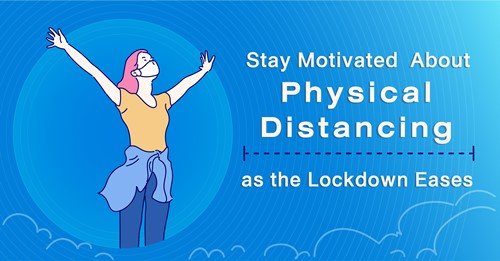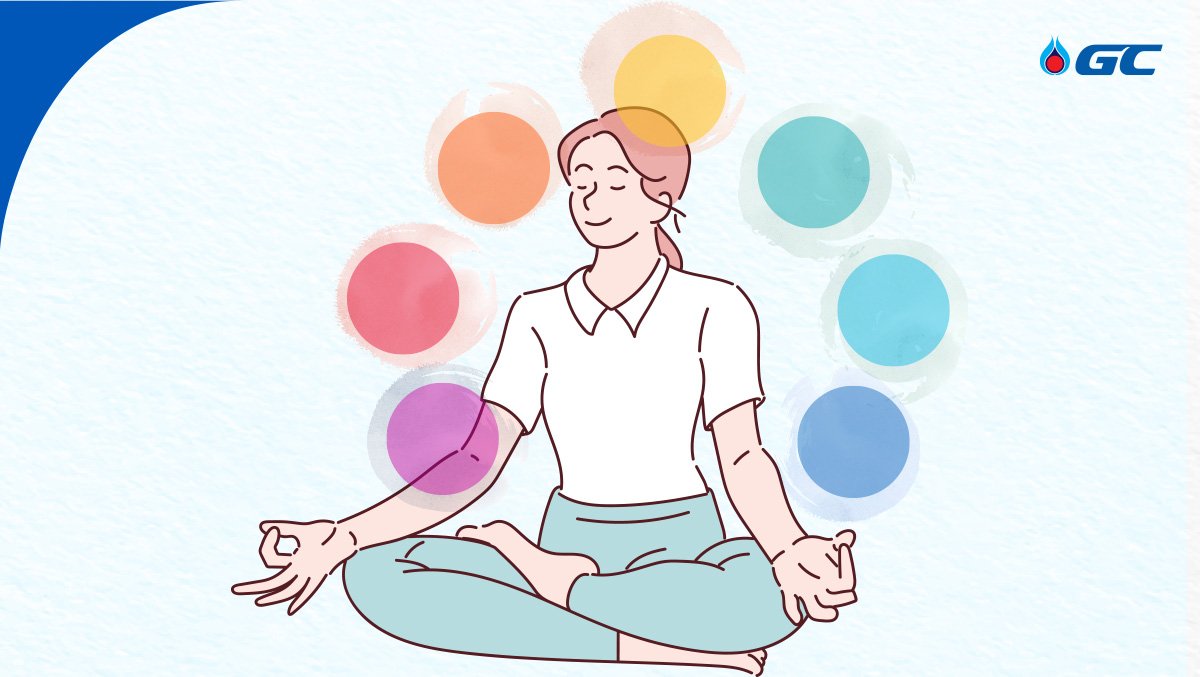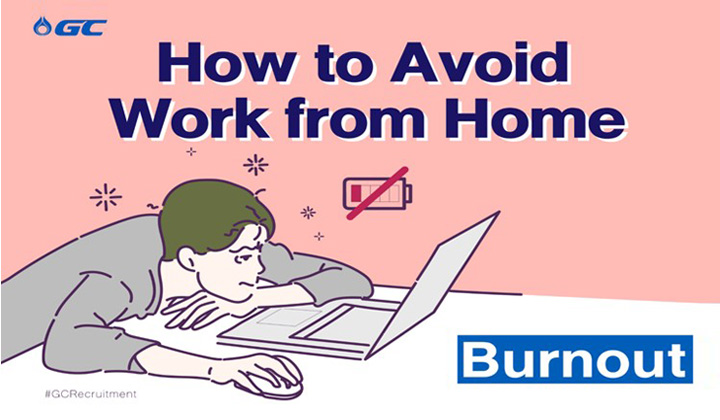Feature Stories
Stay Motivated about Physical Distancing as the Lockdown Eases

Crowded BTS Skytrains and congested roads during rush hour are expected to make a comeback, and the same would apply to parks packed with people going for walks and exercising in the evening. As the government gradually relaxes the coronavirus lockdown, we have already noticed more people flocking to shopping malls, prompting some to temporarily close their doors in order to maintain social distancing practices. This is a sign that people are longing for the old ways of doing things prior to the COVID-19 pandemic. In other words, it’s a reflection that people are developing ‘caution fatigue.’
Jacqueline Gollan, an associate professor of psychiatry and behavioral sciences at Northwestern University’s Feinberg School of Medicine, noted that the motivation to maintain social-distancing at an early stage is similar to being a fully-charged battery, where people are serious about taking precautions and maintaining a physical distance from others to protect themselves from contracting COVID-19. However, after multiple weeks of isolation, people become affected by the increased stress and anxiety from the changes in their lifestyles, and feel more discouraged, like a battery being drained of its power. Even something as simple – but important – as handwashing may be neglected or overlooked.
If you feel like you’re experiencing caution fatigue, take a look at the following ways to keep up your motivation and steer clear of COVID-19:
- Take care of your physical and mental health
We’ve heard all of these tips before, but they bear repeating: get enough sleep, follow a balanced diet, exercise regularly, don’t drink too much, stay socially connected via online channels, and find ways to relieve stress, be happy, and have a laugh. - Reframe risks and benefits
Some of us might be getting bored and simply want to go back to the old ways of living. However, physical distancing is required to flatten the curve, making this an important public health strategy to slowdown the number of cases to not overburden the capacity of our health system. Furthermore, it can be useful to think about how your behavior directly affects your chances of getting sick, and thus your chances of spreading the virus to people around you. - Rebuild your routine
Even though COVID-19 has probably altered our regular daily routine, we can still make time for the things we valued before the pandemic, like exercise and socializing. - Make altruism a habit
It begins with being careful about how we live because there’s no way to know when we are infected. In keeping ourselves safe, we are helping to bring the number of COVID-19 infections down to the lowest level while also improving public health, ensuring that hospitals can meet demand and quite possibly save lives.
Source: TIME , Mission to the Moon Podcast




